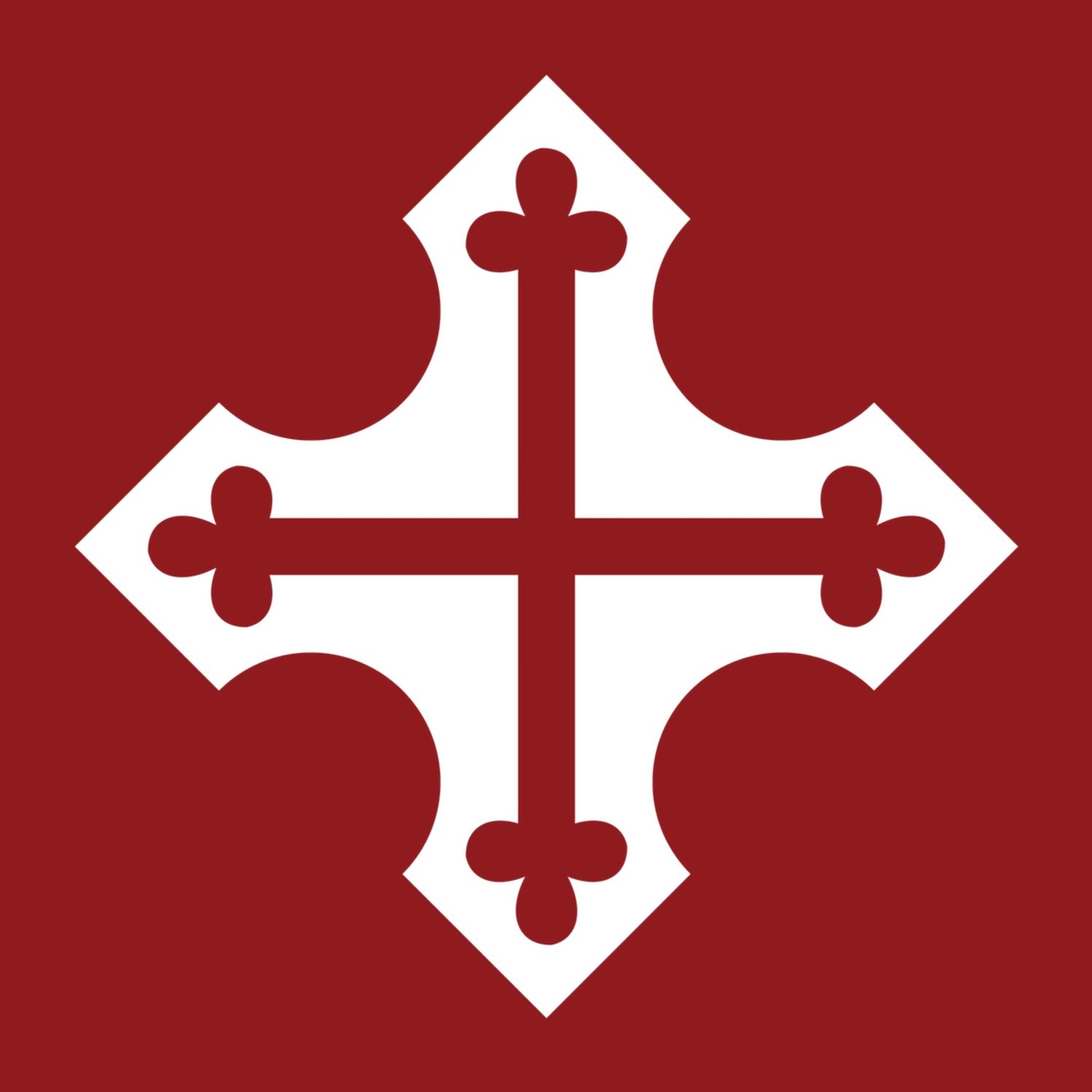The Nations are Clean (The Continuing Adventures of Jesus #16)
INTRODUCTION
In many ways, this passage is the hinge of the book of Acts. The whole book describes the continuing work of Jesus, and just as He promised, the goal is a mission from Jerusalem to the ends of the earth. Everything has been pointing to this: all the languages at Pentecost, Stephen’s message that God is not bound to one place, the conversion of the Samaritans, the baptism of the Ethiopian, the conversion of Saul, and now we come to Peter’s vision.
But while Jesus had clearly sent the apostles out to preach the gospel and disciple the nations, it had not yet been made clear that this meant that the Gentile nations could remain Gentile nations without converting to Judaism and still be full members of the household of God. Here, God declares the unclean nations to be clean. This means the nations can come to God. And since Jesus is Lord of the nations, this means that they will come.
The Text: “There was a certain man in Caesarea called Cornelius, a centurion of the band called the Italian band, a devout man, and one that feared God with all his house, which gave much alms to the people, and prayed to God always…” (Acts 10:1-20)
SUMMARY OF THE TEXT
Luke emphasizes the faithful devotion of this Roman soldier, as does the angel who appears to him (Acts 10:1-4). The angel does not give Cornelius the plan, but he does give him instructions for finding out the plan from Simon Peter, which Cornelius then explains to his servants and a devout soldier in his house (Acts 10:5-8).
While they are on their way, Peter is in prayer on the rooftop and sees a vision of a great sheet being let down from heaven to earth, full of all kinds of ceremonially unclean animals (Acts 10:9-12). The Lord spoke to Peter by name, inviting him to “kill and eat,” and when he declined, the voice insisted by saying that what God has made clean, do not call common/unclean – and this happened three times (Acts 10:13-16). Then, while Peter was puzzling over the vision, the men from Cornelius arrived at the house asking for him, and the Spirit ordered Peter to go with them, doubting nothing (Acts 10:17-20).
WITH ALL HIS HOUSE (OBEDIENCE)
Nations are built out of families and households, and the kind of nation you get depends on the kind of households that make it up. Family is the building block of human society. You cannot have virtuous society apart from virtuous families. You cannot have faithful leaders who fear God and hate covetousness and all lies, if you do not have many families led by such men.
Not only was Cornelius a devout man, but he led his whole household in this piety (Acts 10:2, 4, 7). It seems all the more remarkable given the notorious reputation of Roman soldiers for often being brutal, rapacious idolaters. Here was a man who likely risked his job, his reputation, and his fortune in worshiping the God of the Jews. While all is grace, the angel of God specifically notes the obedient devotion of Cornelius in prayers and alms as noticed by God (Acts 10:4). Obedience put Cornelius in the path of God’s plan and blessing.
We are saved by grace, but we are saved for good works that God prepared for us to walk in, and God loves to reward the good works He prepared for us. We earn nothing, but like a faithful Father, God blesses obedience. Honoring father and mother is the first commandment with a blessing (Eph. 6:2-3). In a difficult marriage, a godly woman seeks the attention of God by her gentle and quiet spirit (1 Pet. 3:4). A godly man takes responsibility for his household and is particularly zealous to remain in fellowship with God and one another (Josh. 24:15, Job 1:5). We are not often given the whole plan, but we are given instructions for finding out the plan. Daily obedience in our families puts us in the path of God’s plan and blessing.
WHAT GOD HAS MADE CLEAN
The clean/unclean laws were part of the schoolmaster-law to lead Israel to Christ (Gal. 3:24, 4:2). It taught Israel to pay attention to what they ate, what they touched, who they had fellowship with in order to teach them that sin has infected everything and if it is not cleansed, it is infectious and it will only spread to everything. And you cannot appear before God in that unclean state. But when Christ came, Israel graduated from that schoolmaster and came into maturity, where the real clean and unclean distinctions must now be made not between different kinds of animals or people, but between sin and righteousness (2 Cor. 6:14-18). Sin is what destroys our fellowship, but we have fellowship with God and one another as we are cleansed by the blood of Christ, confessing our sins to God and one another (1 Jn. 1:7-9).
Food and drink are central signs of our fellowship, and everything is sanctified by the Word of God and thanksgiving (1 Tim 4:3-5). So we must not destroy fellowship for the sake of food and drink (Rom. 14:19-21). This can be done through a pharisaical strictness, demanding of others what God does not require. Or this can be done through pharisaical laxness, not requiring of others what God does require. Demanding that others cater to your food fads or preferences and making fellowship difficult is disobedience to this principle: rise and eat. And parents must not let children become little food tyrants or become tyrants themselves. Those with scruples about alcohol may not bind the consciences of others, but in our community, it is far more likely for drinking to become an occasion for harm. Honor God and love your neighbor.
CONCLUSION: LORD OF THE NATIONS
The vision that Peter saw means that the nations are clean. The nations do not have to become Jewish in order to come to God. Russians, Japanese, Somalis, and Americans may come to the Father, through faith in Jesus Christ. The Church is therefore a multinational body from every tribe and tongue, but the nations still bring their own unique treasures into the Kingdom: people still live in tribes and speak different languages (Rev. 7:9, 21:24).
This cuts against fleshly prejudice and fleshly uniformity. And the best way to learn this dance is by building devout households that stay in fellowship and are ready to obey. Love and serve those closest to you first, beginning with the neighbors in your own house, working your way out from there, including your nation. And in this way, all of the nations will come to Christ.

